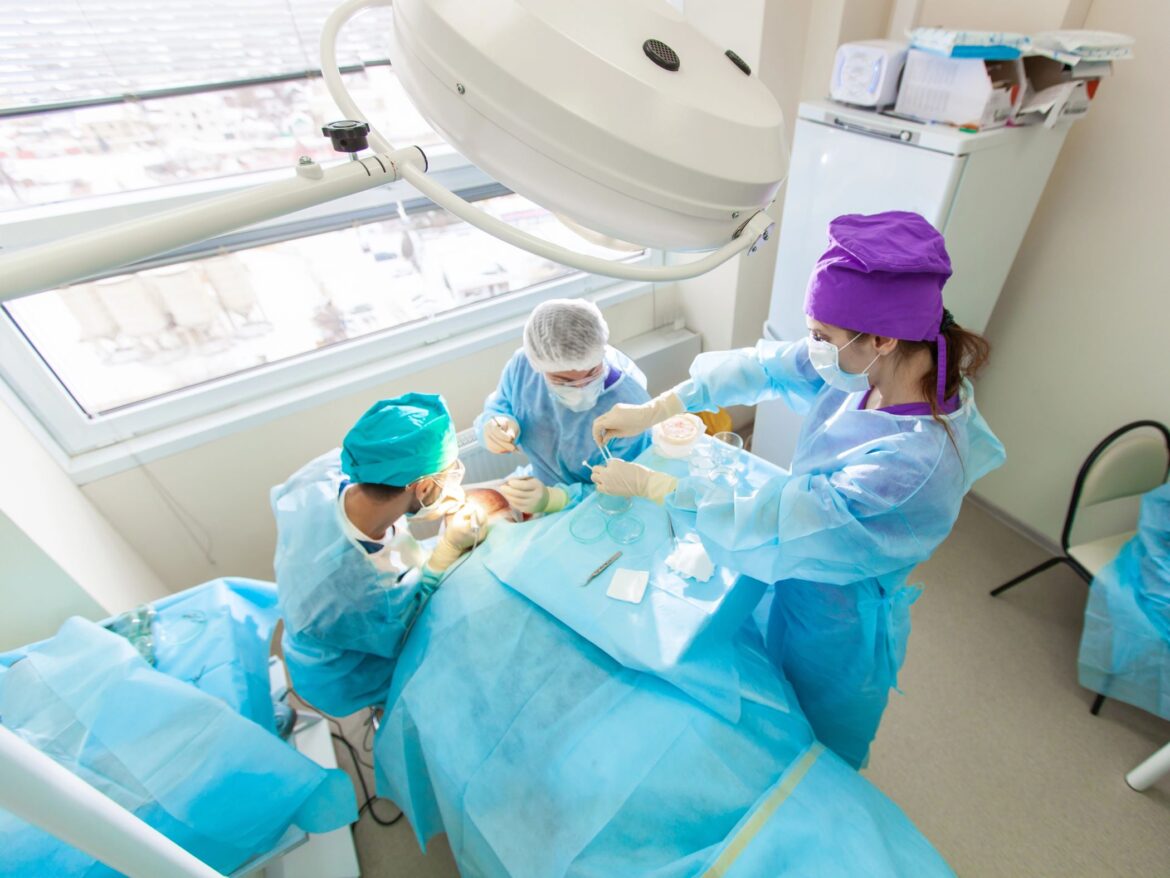When considering travelling abroad for a medical procedure, often referred to as medical tourism, thorough research is crucial to ensure a safe and successful experience.
Here’s a comprehensive guide on what you need to research before embarking on this journey.
1. Accreditation and Qualifications
First and foremost, verify the credentials of the healthcare facility and its practitioners. Look for international accreditations from organisations such as the Joint Commission International (JCI) or the International Organisation for Standardisation (ISO). These certifications indicate that the facility adheres to high international standards.
Additionally, research the qualifications, experience, and reputation of the medical professionals who will carry out the procedure. If you are travelling for a hair transplant, for example, this London based hair clinic could be a great choice as it looks like they have a fantastic reputation – thanks to their trusted professionals.
2. Procedure and Treatment Details
Get to know the specifics of the procedure you will undergo. This includes the risks, benefits, recovery time, and expected outcomes. Researching these aspects will help set realistic expectations and prepare you for what lies ahead. Compare this information with what you would receive in your home country to ensure consistency and reliability.
3. Cost and Payment Options
Medical tourism can offer cost savings, but it’s crucial to get a detailed breakdown of all expenses. This should include the procedure itself, hospital stays, medications, and any additional charges such as consultations or follow-up visits. Also, consider travel-related costs like flights, accommodation, and local transportation. Determine the payment methods accepted and check if there are any financial protections or warranties offered.

4. Insurance and Legal Considerations
Check if your health insurance covers procedures abroad, and understand the terms and limitations of your policy. Additionally, investigate the legal protections available in the destination country. This includes malpractice laws and patient rights. Knowing the legal landscape will help you deal with any issues that may arise during your treatment.
5. Recovery and Aftercare
Recovery protocols can vary significantly between countries. Research the aftercare services available at the destination and whether they align with your needs. Make sure that you have access to follow-up care and support once you return home. This includes understanding how to manage your recovery and any potential complications that might arise.
6. Cultural and Language Barriers
Cultural differences can impact your medical experience. It’s important to be aware of local customs and expectations, especially regarding patient communication and consent. Language barriers can also pose challenges, so ensure that the facility offers translation services or that you have a reliable translator to assist you throughout the process.
7. Reviews and Patient Experiences
Look for reviews and testimonials from other patients who have travelled for similar procedures. Online forums, social media, and review sites can provide valuable insights into the quality of care and the overall experience. Be cautious of overly positive or negative reviews, and seek balanced opinions to get a comprehensive view.

8. Health and Safety Precautions
Before travelling, consult with your primary healthcare provider to ensure that you are fit to travel and undergo the procedure. Be aware of any specific health advisories or travel restrictions related to your destination. Additionally, consider vaccinations and health precautions pertinent to the area you will visit.
Conclusion
Travelling abroad for a medical procedure involves careful planning and research. By thoroughly investigating the healthcare facility, understanding the procedure, and preparing for potential challenges, you can make informed decisions that increase your chances of a successful outcome. With meticulous preparation, medical tourism can offer not only financial benefits but also access to world-class care tailored to your needs.
We are not medical professionals – you should always seek the advice of a medical professional before undergoing any procedures or treatments.





